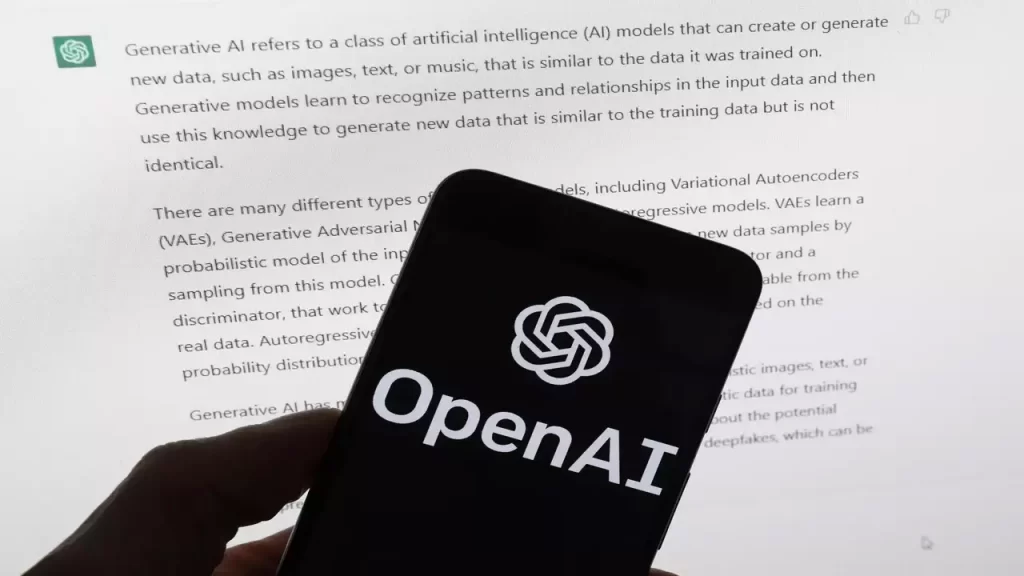Germany is considering following Italy’s lead in banning the artificial intelligence-powered chatbot, ChatGPT, due to concerns over personal information security. The move follows an investigation by Italy’s data protection agency into a suspected breach of privacy rules by the chatbot. The Italian Data Protection Authority accused OpenAI, the Microsoft-backed firm behind ChatGPT, of neglecting to install a function that prevents minors from using the service and engaging in unlawful collection and storage of personal data.
In response, Ulrich Kelber, the German commissioner for data protection, told the Handelsblatt newspaper that Germany could issue similar enforcement. Data privacy watchdogs in other EU nations, including France and Ireland, have also contacted the Italian data regulator to discuss its findings. However, since OpenAI has no offices in the EU, the lead EU regulator for many global technology giants, Ireland’s Data Protection Commissioner, has no direct regulatory control over the firm’s operations within the bloc.
The Italian regulator ordered OpenAI to cease collecting data from Italian customers and to disclose steps that would rectify the complaints made by the nation’s independent authority. The move reflects growing concerns over the use of AI-powered chatbots and their impact on personal information security. As Kelber noted, such action could fall within the jurisdiction of each of Germany’s federal states, indicating that other EU nations could follow suit.

The use of AI-powered chatbots is becoming increasingly common in industries such as healthcare, finance, and retail. However, the technology’s rapid development has raised concerns over data privacy and security. Regulators are increasingly scrutinizing companies that use AI-powered chatbots to ensure that they comply with data protection regulations.
As AI continues to transform the way we live and work, it is critical that companies and regulators work together to ensure that personal information is protected. The ChatGPT ban in Italy and the potential ban in Germany are important reminders that companies must prioritize data privacy and security in their use of AI-powered chatbots. As AI technology continues to evolve, regulators must remain vigilant to ensure that it is used ethically and responsibly.


